

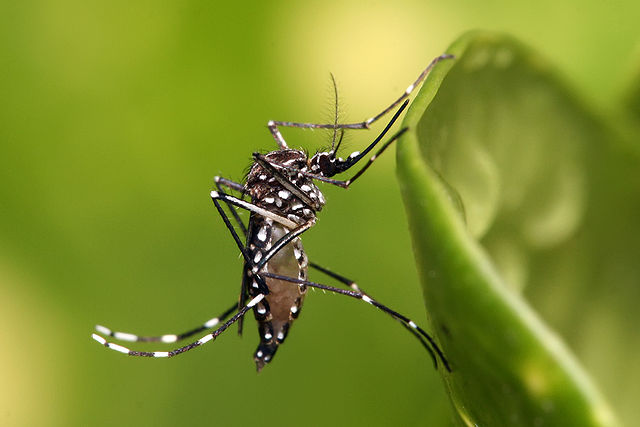
The number may be an underestimate in light of gaps in studies of the problem, according to the authors of a report issued by the Brazilian Platform on Biodiversity and Ecosystem Services.
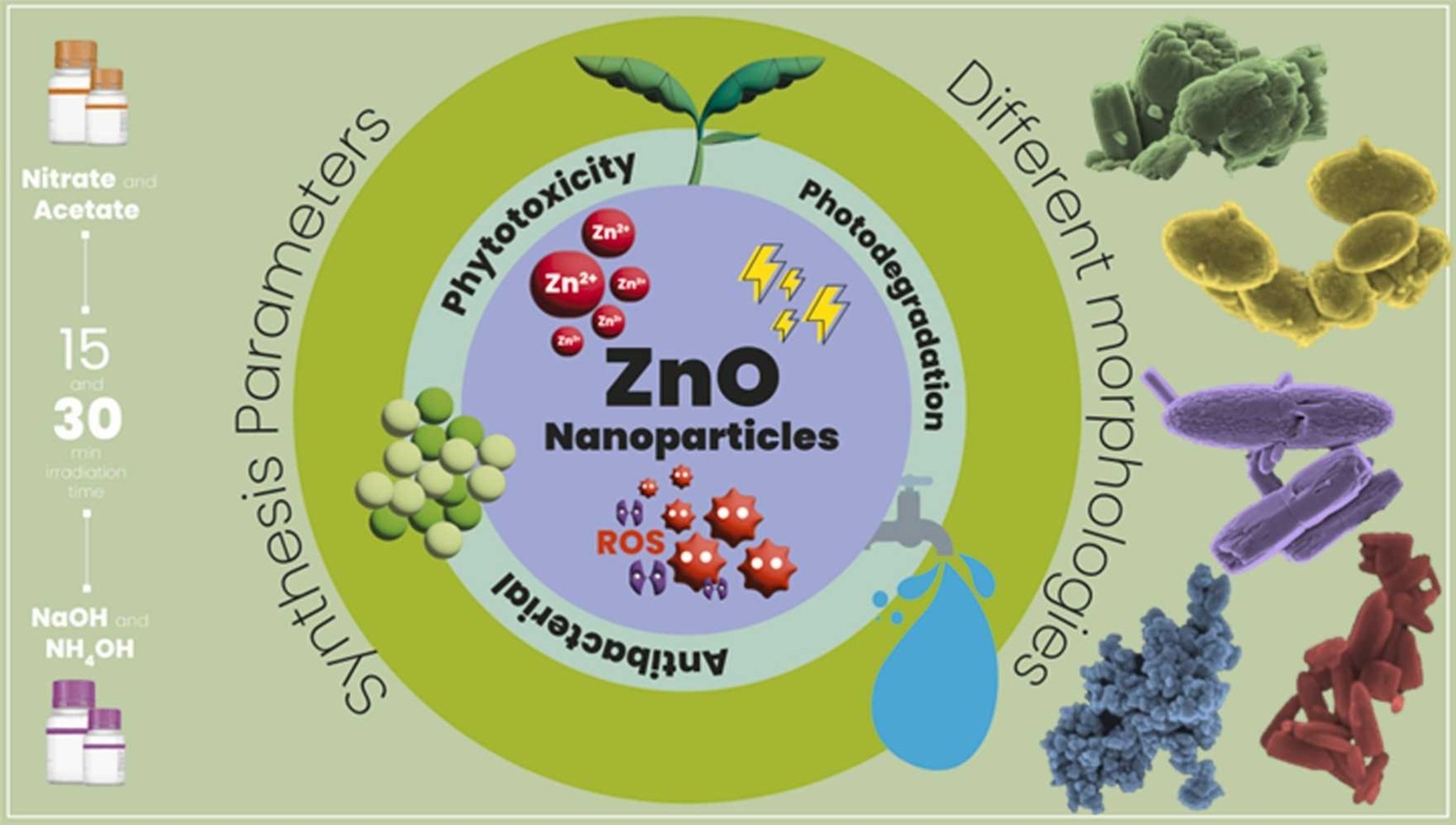
Zinc oxide nanoparticles with varying morphologies were tested against microorganisms isolated from patients. The results are reported in the Journal of Environmental Chemical Engineering.
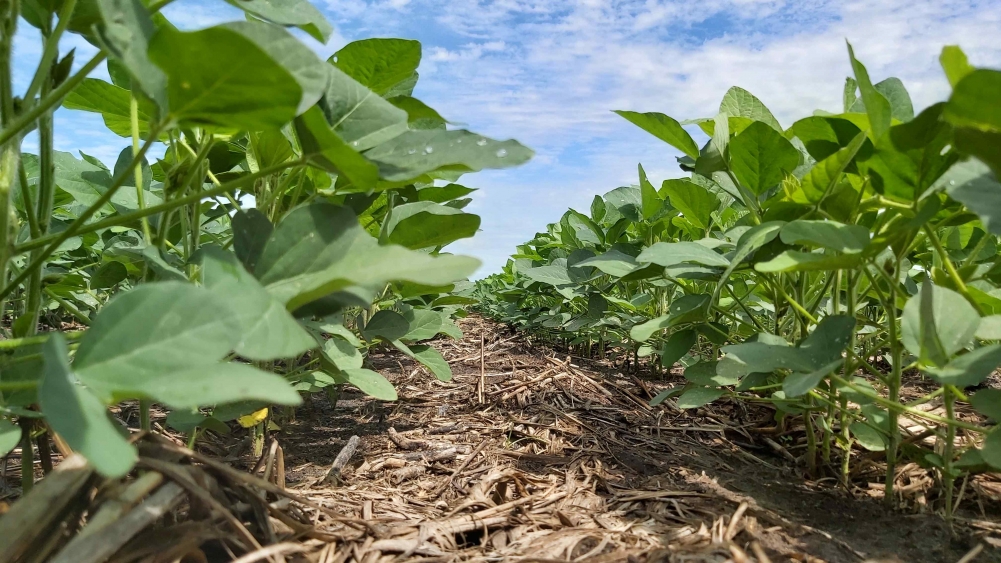
A startup supported by FAPESP is developing novel cultivars to offer growers a high-value-added option.
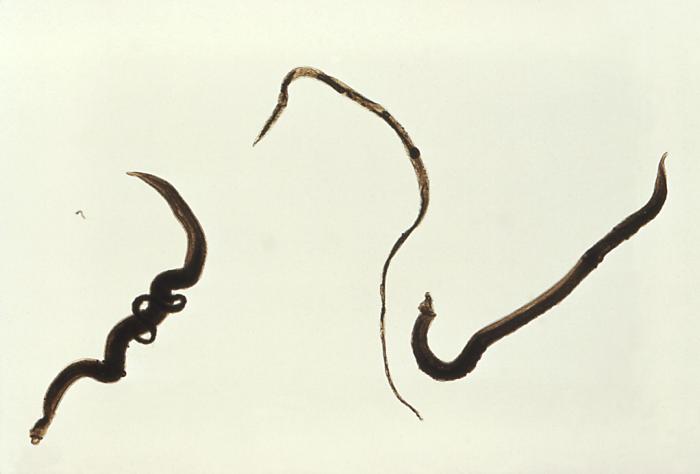
Experiments conducted at Butantan Institute in São Paulo used phage display to screen 12,000 proteins found in Schistosoma mansoni, the worm that causes the disease. The method deployed bacteriophages, viruses that infect bacteria, to identify key parasite peptides.
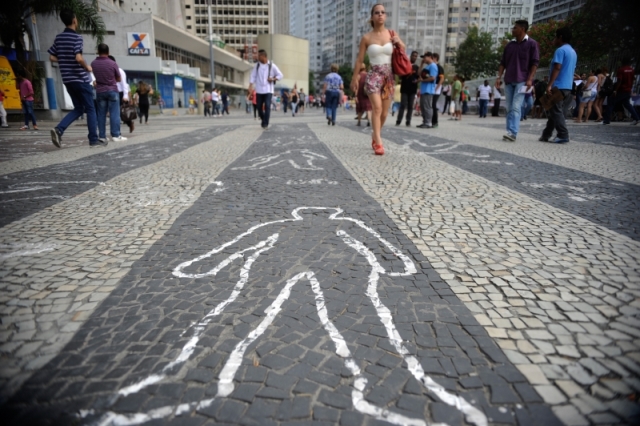
With the support of FAPESP, the research is developing mathematical and computational tools that will address issues related to public safety in an innovative way.

The health benefits of the so-called “sofrito” were observed in experiments with rats conducted by scientists from the Food Research Center and collaborators. The effect may be linked to a compound identified in the animals’ livers called butanediol.
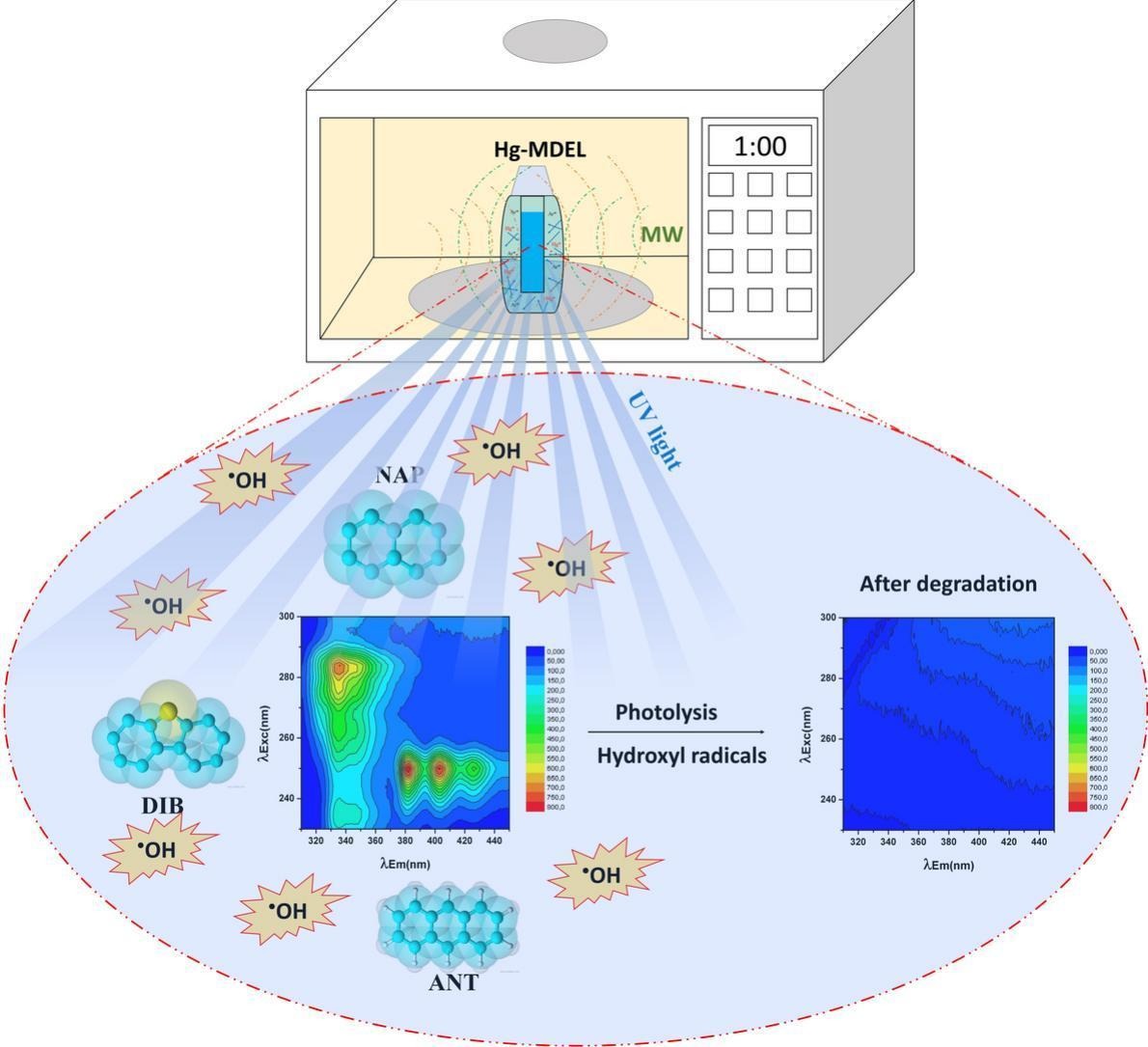
Brazilian scientists tested a simple and sustainable method for monitoring and degrading a mixture of polycyclic aromatic hydrocarbons, compounds present in fossil fuels and industrial waste.

Working in partnership with scientists at the University of Magallanes in Chile, Brazilian researchers are conducting studies of the Chilean subantarctic region.
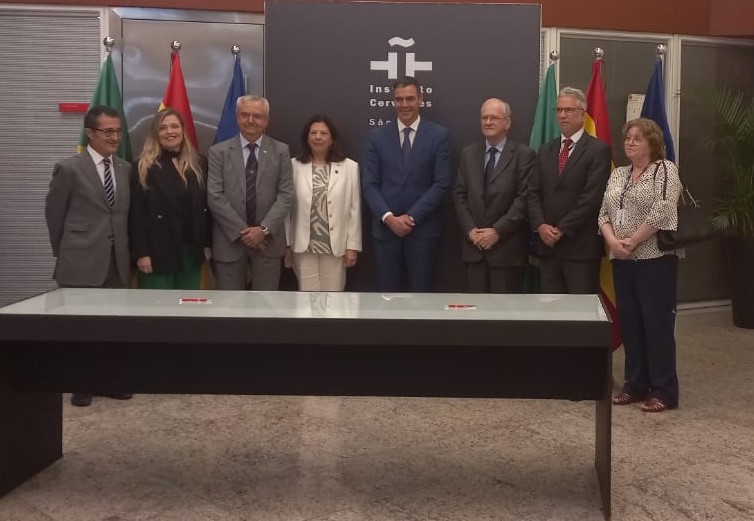
Pedro Sánchez, Prime Minister of Spain, was present at the ceremony in São Paulo where the MoU was signed by the Spanish ambassador to Brazil and the President of FAPESP.
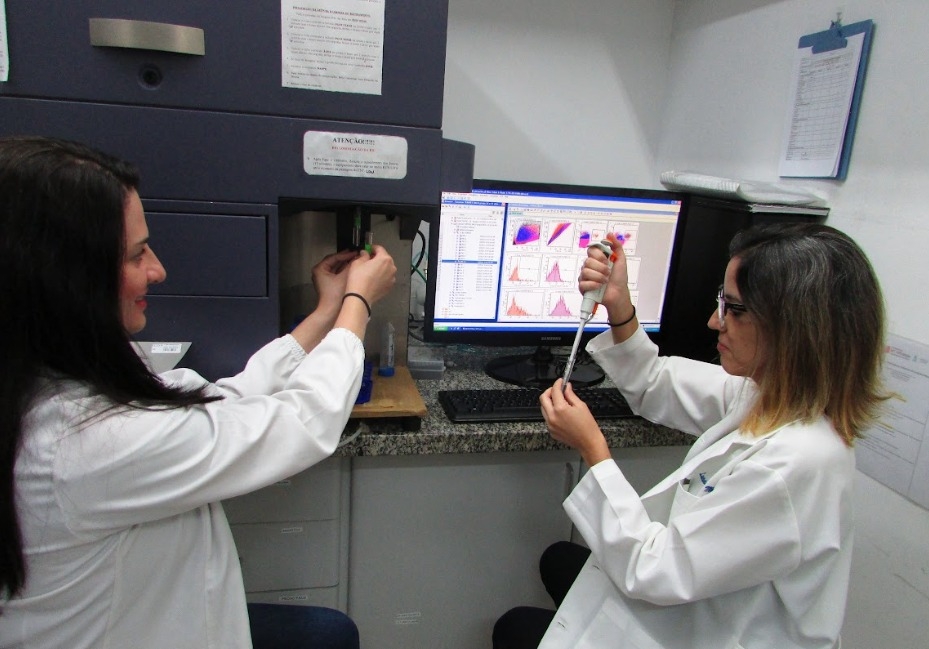
Developed by ImunoTera as part of a project supported by FAPESP, the molecule triggers the immune system’s response to infected cells and helps combat the disease.
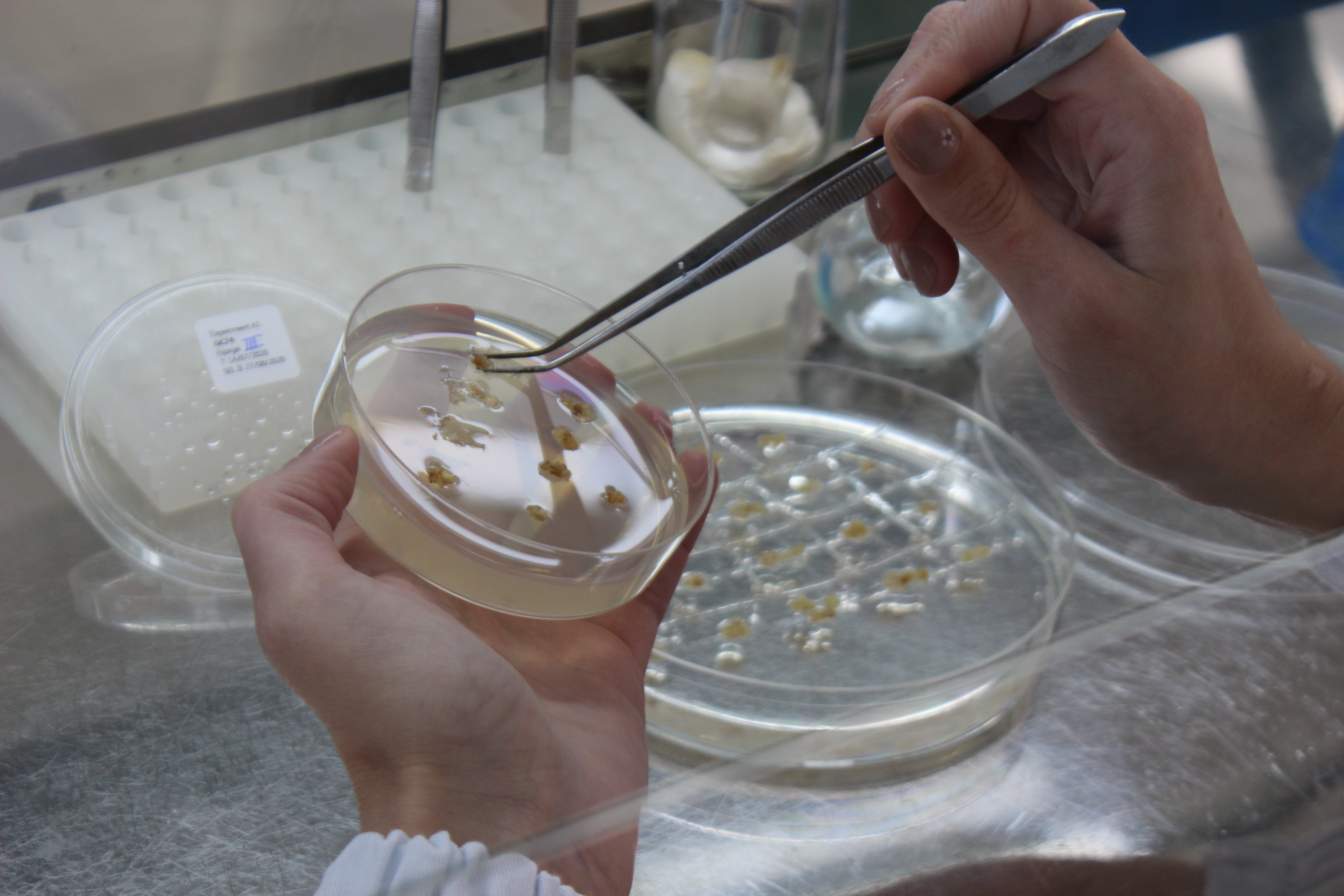
Three of the five tropical strains were successfully transformed using the morphogenic gene expression strategy, achieving efficiency rates three times higher than the average of the protocols.

Developed by researchers at the University of São Paulo, the process proposes using silica particles coated with melanin in formulations to protect the skin not only from UVA and UVB rays, but also from visible light.

The proposal is being analyzed by an inspection body in the state of São Paulo. In this region alone, there are more than 1,200 informal producers of milk and dairy products with the potential to be regularized.
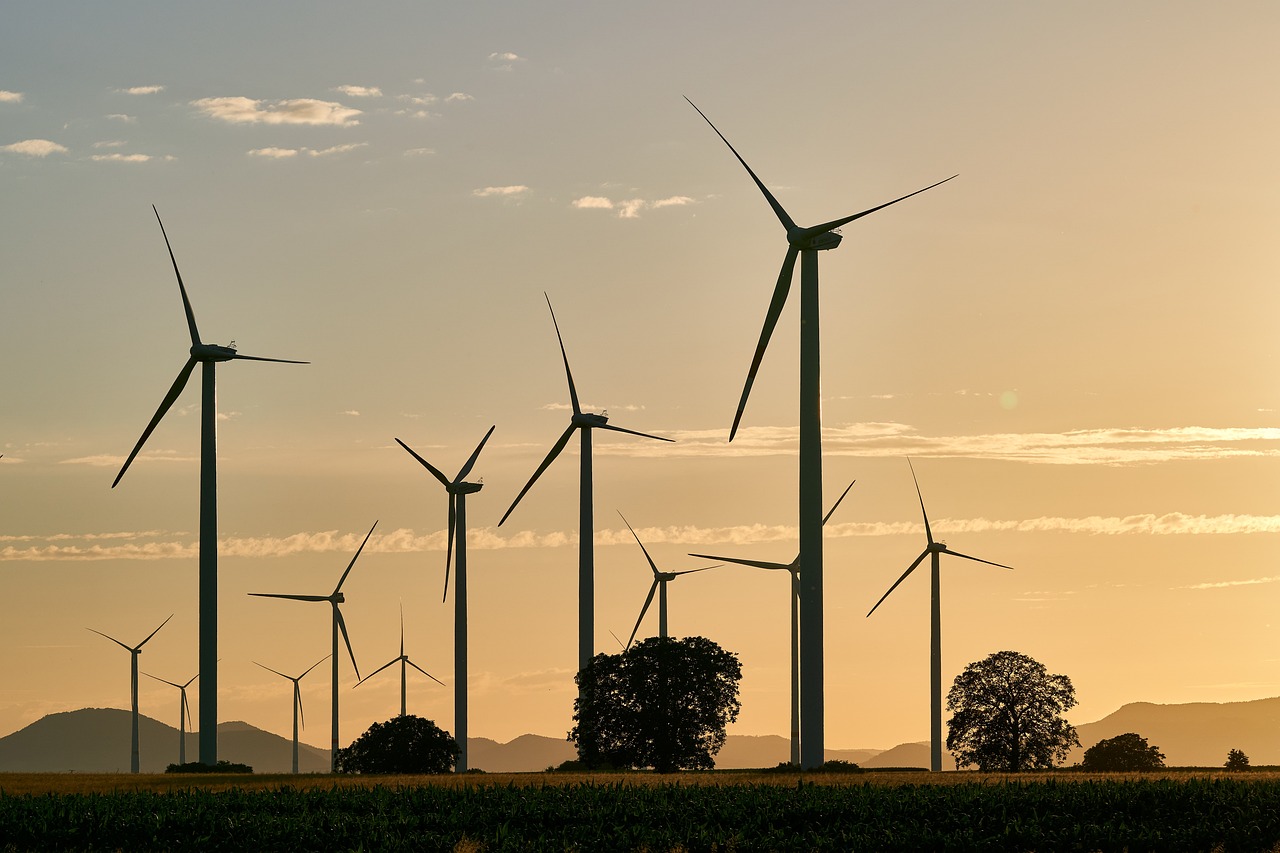
The Global Technology Hub, launched at COP28, will promote decarbonization projects and financing. The goal is to enable developing countries to achieve net-zero emissions.

A paper by scientists from the Center for the Development of Functional Materials discusses the effects of femtosecond laser irradiation, which can create and functionalize new materials for the microelectronics industry.
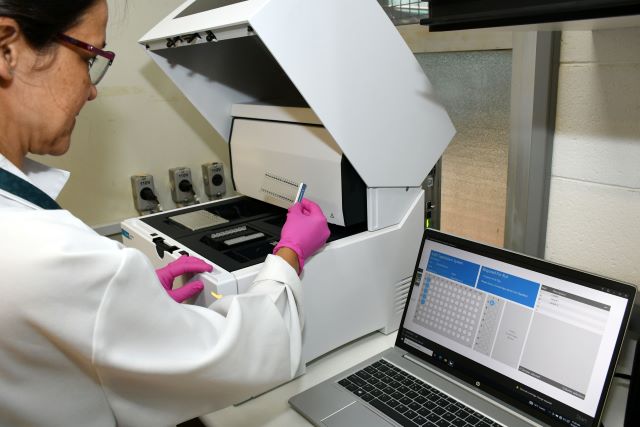
More than 29 thousand patients were analyzed and 26 areas of the genome associated with the disorder were identified; Brazil was the only Latin American representative through the Brazilian Institute of Neuroscience and Neurotechnology of the State University of Campinas.
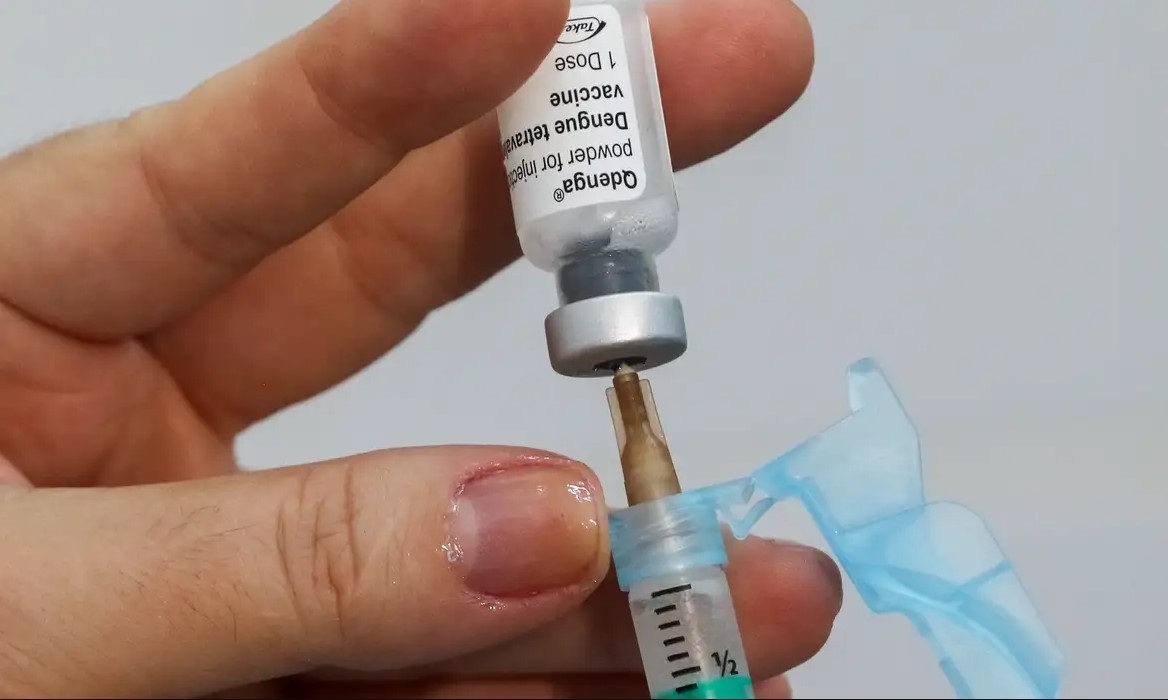
Researchers at the University of São Paulo in Brazil compared data for the immune response induced by natural infection and vaccines. They identified the key factors in the development of long-lasting immunity. Their findings can be used to develop novel vaccines and antiviral therapies.
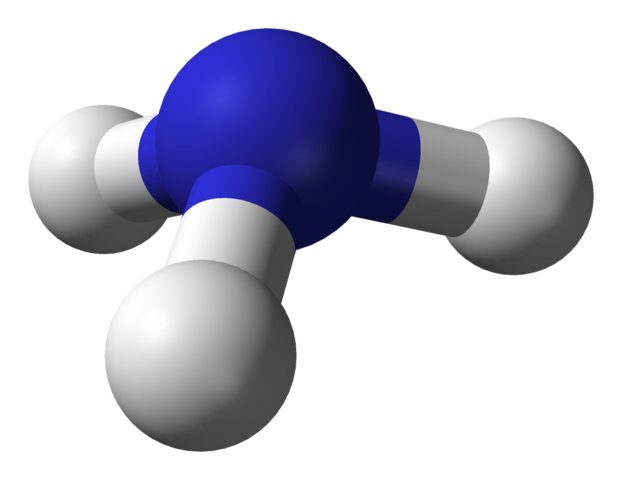
Created at a FAPESP-supported research center, the material helps produce ammonia by electrochemical reduction of nitrogen gas, dispensing with the high temperature and pressure required by the conventional method.
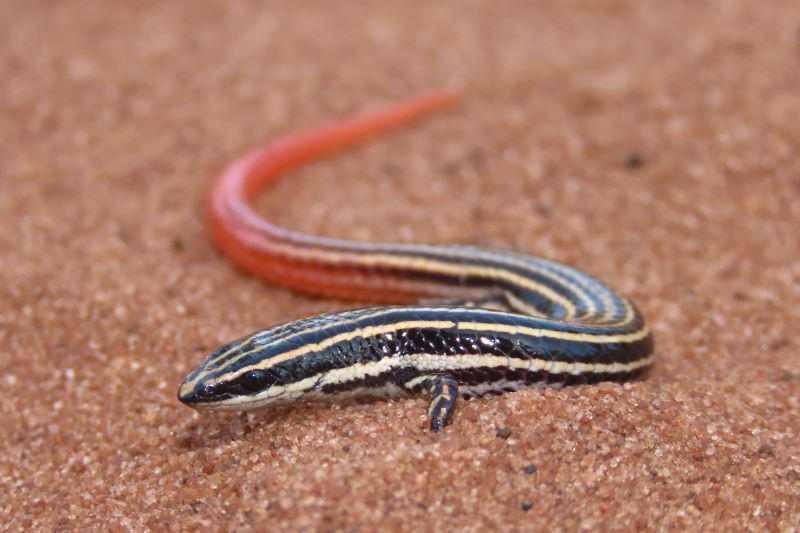
An analysis of occurrence records for ten lizard and snake species found in three South American biomes – the Caatinga and Cerrado in Brazil and the Chaco in Argentina and Paraguay – showed that rising temperatures in the coming decades could lead to extinction in some cases and drastic habitat loss in others. The authors advocate an increase in full-protection conservation units suited to these animals.
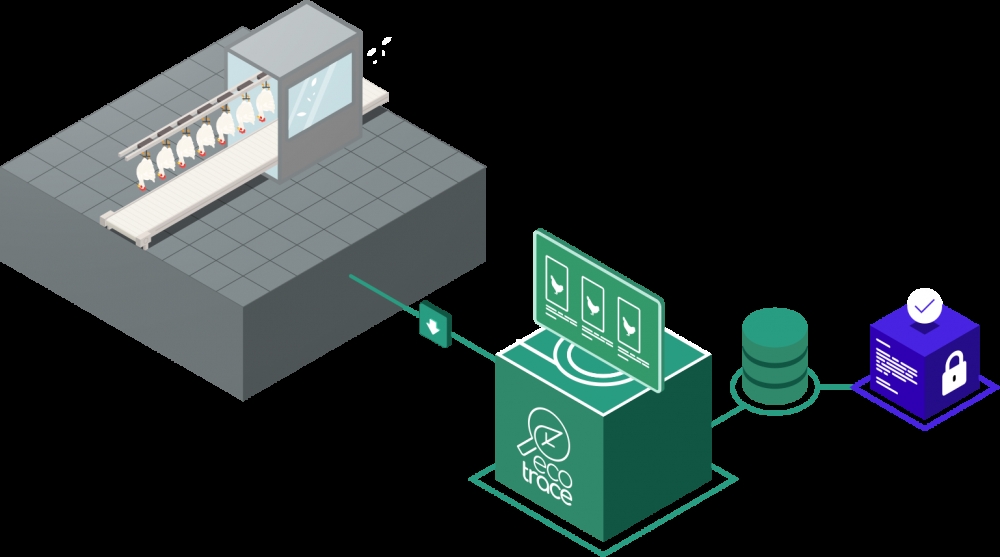
The system created by startup Ecotrace with FAPESP’s support is designed to help poultry processors detect carcass lesions in real time.
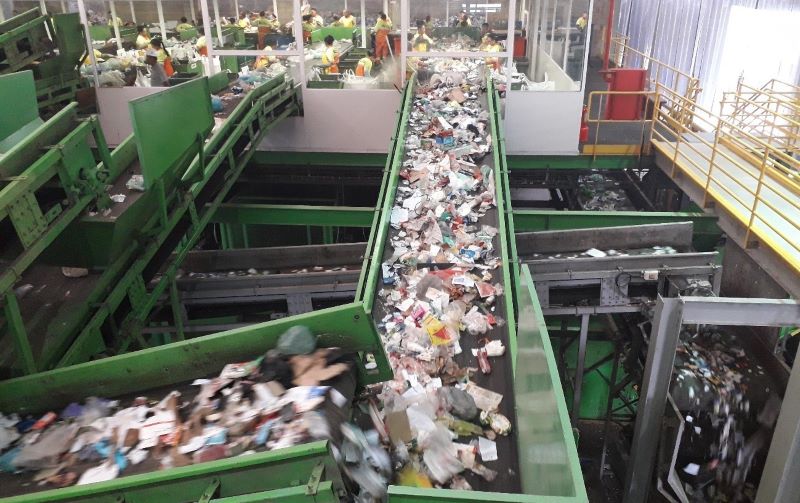
Researchers analyzed solutions implemented in four very different Brazilian cities. Based on the results, they propose creation of a national carbon credit fund to support sustainable waste management initiatives.
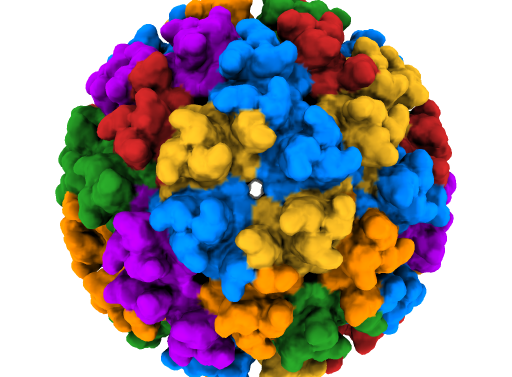
An international team including virologists, physicians, epidemiologists, clinicians, physicists and statisticians has discovered new mechanisms related to central nervous system infection in fatal cases of the infection. The results were published in the journal Cell Host & Microbe.
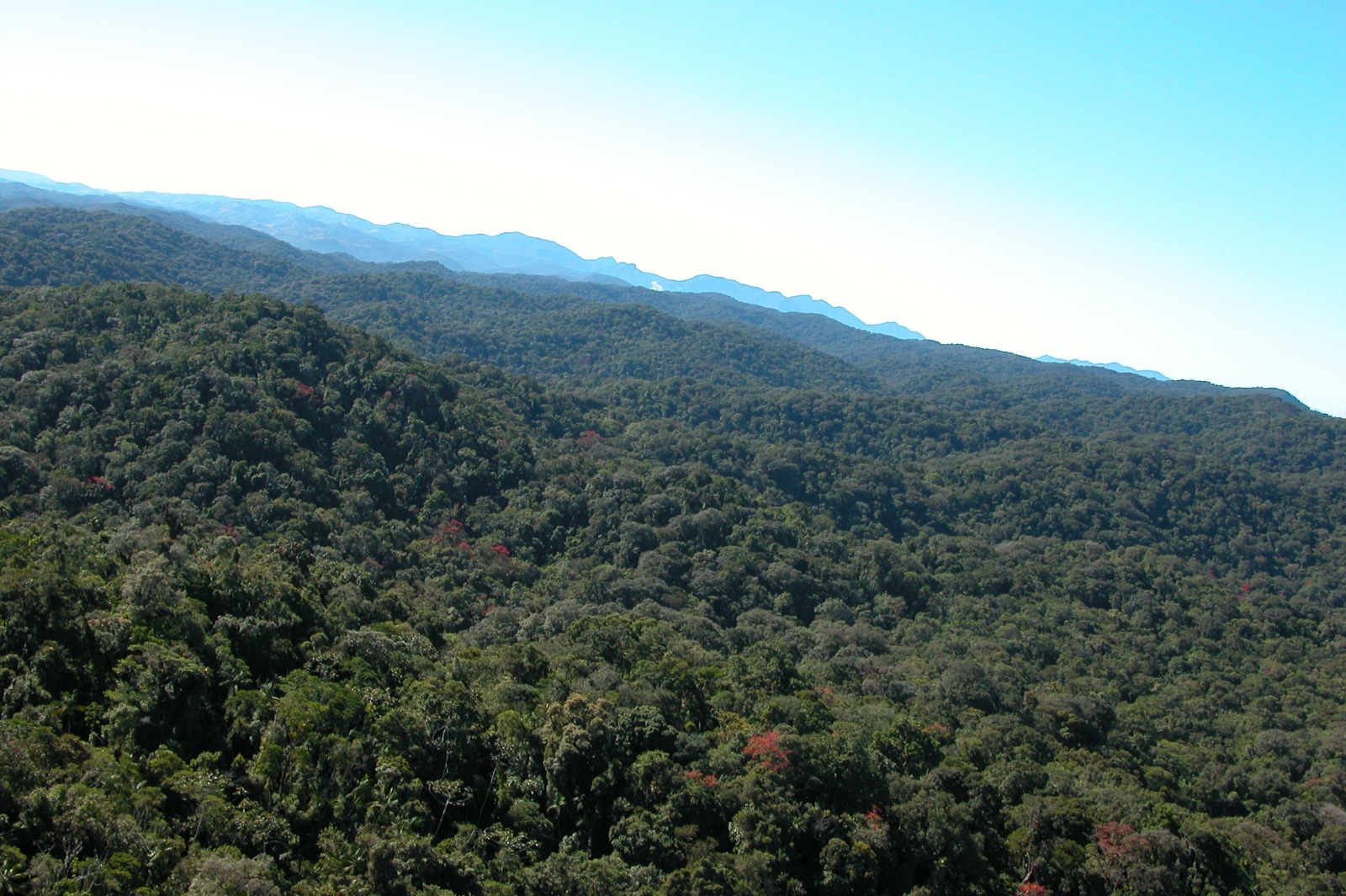
Farmers in the Paraíba Valley region of São Paulo state received economic incentives such as payment for environmental services to adopt conservation practices and protect native vegetation.

The findings, published in Psychiatry Research, are an important contribution to both the understanding of mental disorders and suicide prevention.
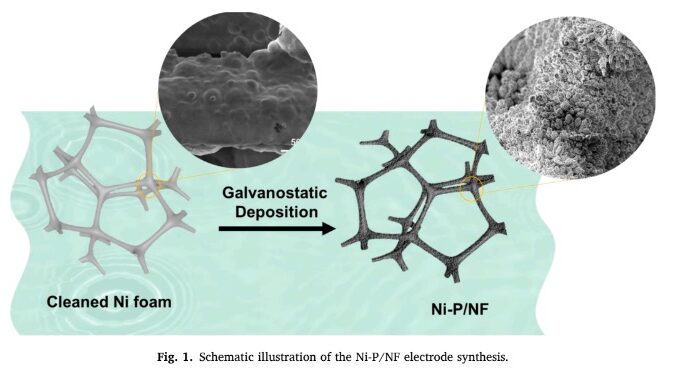
The nickel phosphide electrode proved effective and efficient as a catalyst in processes designed to produce H2 via water molecule breakdown.